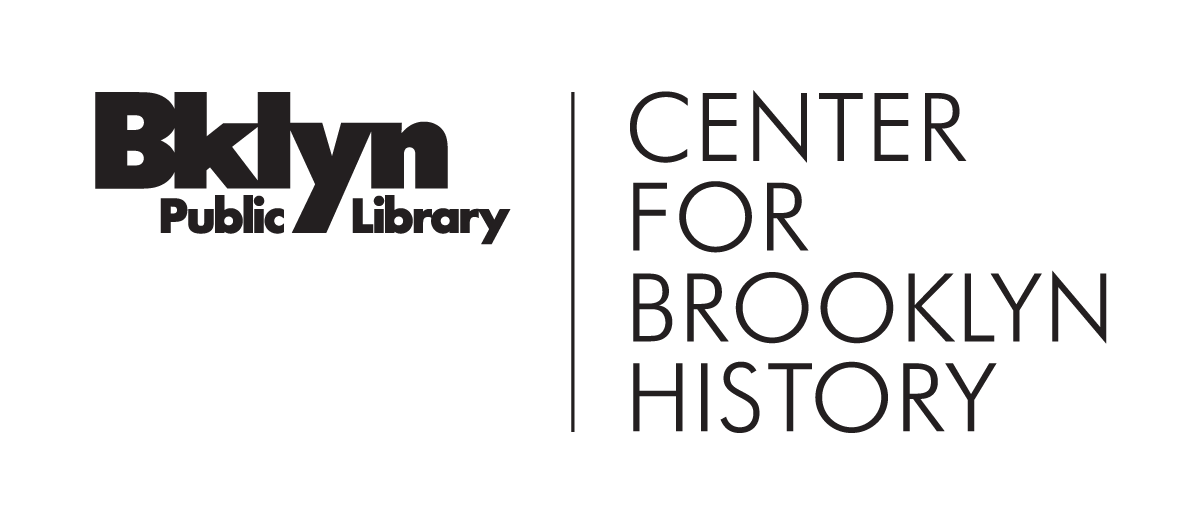CBH Talk: Our City Is Racist. What Now? Jennifer Jones Austin and Jelani Cobb in Conversation
In 2021 New York City created the Racial Justice Commission, the first such entity in the country to take formal steps towards dismantling structural racism in government. The work is complicated, daunting and overwhelming, and begins with the question, ‘Where to start?’ How does a government root out racism in its own structures? How do we undo hard-wired discrimination impacting BIPOC New Yorkers daily and deeply? The public school student who is disciplined more harshly; the service worker facing discriminatory wages; the inequitable access to open and green spaces; the inequitable access to loans – this list goes on and on. Affecting meaningful change is messy in the most democratic way. That is the challenge and the promise – NYC is a case study of process at work at a time when racial inequality is arguably our most urgent national conversation.
Join NYC Racial Justice Commission chair Jennifer Jones Austin, who is CEO and Executive Director of the Federation of Protestant Welfare Agencies (FPWA), for a one-on-one conversation with acclaimed journalist and newly appointed Dean of Columbia School of Journalism Jelani Cobb, about our entrenched racism, this moment in the national conversation, and moving the needle forward towards meaningful change.
This program is presented by the Brooklyn Public Library Diversity, Equity and Inclusion Council , BPL’s Center for Brooklyn History, and the Federation of Protestant Welfare Agencies (FPWA).
Participants
A fourth-generation leader of faith and social justice, Jennifer Jones Austin fights for equity. As CEO and Executive Director of FPWA, an anti-poverty, policy and advocacy organization with 170 member agencies and faith partners, she has led and secured monumental changes in social policy to strengthen and empower the disenfranchised and marginalized. Jennifer brings to her work a profound understanding of the link between race, poverty, law and social policy in America, and the role religion plays. Ms. Jones Austin is also a radio host, a public speaker, the author of Consider It Pure Joy, and the editor of God in the Ghetto: A Prophetic Word Revisited. She chairs several influential boards and commissions, including the NYC Racial Justice Commission, the first of its kind in the nation tasked with targeting and dismantling structural and institutional racism across the city. She is the Vice Chair of the Board of National Action Network; member of the Feerick Center for Social Justice Advisory Board; member of the Center for Law, Brain and Behavior Advisory Board at Harvard University; and a member of the COVID-19 “Roll Up Your Sleeves” Task Force created to ensure vaccine information and equitable access in Black and brown communities.
Jelani Cobb was recently appointed Dean of Columbia Journalism School. He joined the Journalism School faculty in 2016. He has contributed to The New Yorker since 2012, and became a staff writer in 2015. He is the recipient of the 2015 Sidney Hillman Award for Opinion and Analysis writing and writes frequently about race, politics, history and culture. Prior, Cobb was Associate Professor of History and Director of the Africana Studies Institute at the University of Connecticut where he specialized in post-Civil War African American history, 20th century American politics and the history of the Cold War. Dr. Cobb is also a recipient of fellowships from the Fulbright and Ford Foundations. He is the author of The Substance of Hope: Barack Obama and the Paradox of Progress as well as To the Break of Dawn: A Freestyle on the Hip Hop Aesthetic. His articles and essays have appeared in the Washington Post, The New Republic, Essence, Vibe, The Progressive, and TheRoot.com. His collection The Devil and Dave Chappelle and Other Essays was published in 2007. He has also contributed to a number of anthologies including In Defense of Mumia, Testimony, Mending the World and Beats, Rhymes and Life.
The New York City Racial Justice Commission’s work results in three ballot questions in this November’s election. Learn more about them here.

.png)








